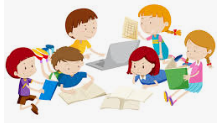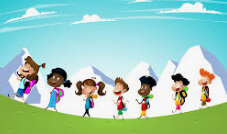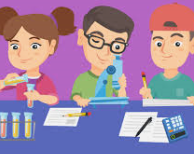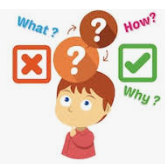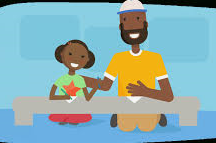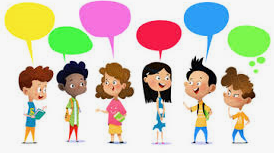Science
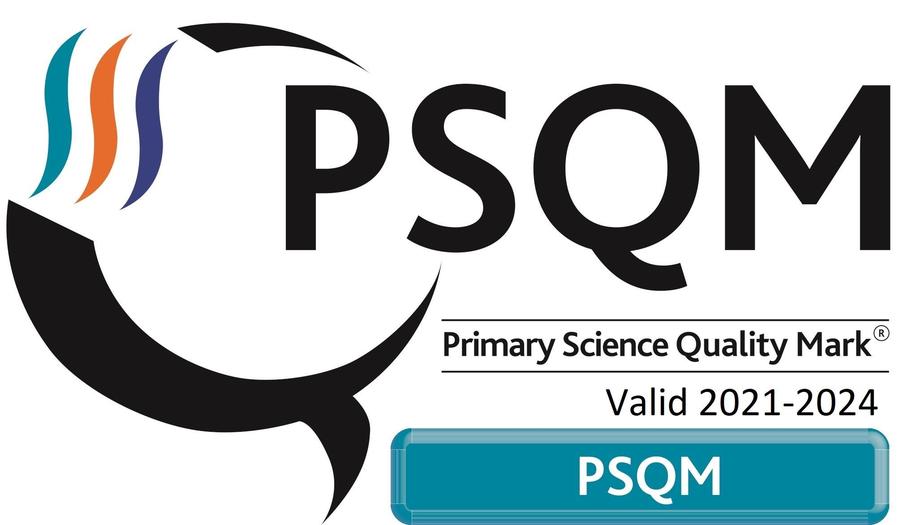
Our Intent
Through hands on, high-quality science teaching, children of all abilities (inc SEND and more able) are challenged and supported to achieve individual success in this subject. Children work collaboratively to discuss their ideas using scientific vocabulary. We aim to help our pupils understand how major scientific ideas have played a vital role in society and recognise the achievements of men and women, from a range of disciplines, both past and present.
Moreover, we aim to prepare our pupils for life in an increasingly scientific and technological world, through memorable experiences.
By the end of their primary schooling, our children will have key concepts embedded in their long term memory and have a desire and passion to continue asking questions.
Our Principles
Working with staff and children we have created 6 principles which are at the heart of science at St Mary’s.
|
‘We are learners’
Both children and staff are continually learning, gaining knowledge and deepening our understanding of science. We enjoy being challenged and having our achievements recognised.
|
‘We are engaged’
Teachers provide ‘wow’ moments to engage and enthuse us in our science work. School trips and outside visitors, inspire our learning.
|
‘We are hands on’
At St Mary’s our teachers understand the excitement of practical investigations and value their use in our lessons. We are encouraged to lead our own experiments and use a range of resources. |
|
‘We ask questions’
We are keen to find out about the universe around us and about scientists who have contributed to our society. We ask questions to deepen our understanding and aren’t afraid to challenge other people’s views. |
‘We apply and share our knowledge’
We share our science with our parents and carers through the school website, class blogs, homework and open evenings. We are able to apply our knowledge to familiar contexts out of school.
|
‘We are talkers’
We recognise that talk is a vital part of science. We know that we can talk freely and that our thoughts are valued. We use scientific vocabulary confidently.
|
Implementing our Principles
At St Mary’s, teachers plan and deliver high-quality and engaging science lessons incorporating a range of teaching and learning styles.
Teachers will provide opportunities for pupils to:
- Learn about science, where possible, through first-hand practical experiences
- Engage the children’s interest using ‘wow’ opportunities (including outside visitors and school trips)
- Encourage discussion and the sharing of ideas through focused activities
- Plan and carry out investigations with an increasing systematic approach as they progress through the school
- Develop their questioning, predicting, observing, measuring and interpreting skills
- Record their work in a variety of ways e.g. writing, diagrams, graphs, tables
- Read and spell scientific vocabulary appropriate for their age
- Be motivated and inspired by engaging and interactive science displays which include key vocabulary and relevant questions
- Learn about science using the outdoor learning environment, including our own forest school.
- Develop their research skills through the appropriate use of secondary sources;
- Work collaboratively in pairs, groups and/or individually
CPD opportunities are provided for staff to develop their subject knowledge and improve their classroom skills, in order to have the maximum impact on the children.
Impact
The successful approach at St Mary’s CE school results in a fun, engaging, high-quality science education, that provides children with the foundations for understanding the world. Our engagement with the local environment ensures that children learn through varied and first-hand experiences of the world around them. So much of science lends itself to outdoor learning and so we provide children with opportunities to experience this. Through various workshops, trips and interactions with experts and local charities, children have the understanding that science has changed our lives and that it is vital to the world’s future prosperity. Children learn the possibilities for careers in science as a result of our community links and connection with national agencies such as the STEM association. Pupil voice is used to further develop the Science curriculum, through questioning of pupil’s views and attitudes to Science to support the children’s enjoyment of science and to motivate learners.
Science Curriculum Overview
SEND Adaptive teaching
Spiritual, Moral, Social and Cultural Provision
Useful documents
Knowledge Organisers
Below you will find documents showing you the key information that children are expected to know by the end of a science unit. This is sometimes referred to as 'sticky knowledge' or 'Golden Nuggets'. As well as key concepts, children are expected to know and use vocabulary associated with each unit of study. Please spend some time talking with your child about what they are learning in school.
- Year 1 Science Topics
- Year 2 Science Topics
- Year 3 Science Topics
- Year 4 Science Topics
- Year 5 Science Topics
- Year 6 Science Topics
Science Day
On Wednesday 16th March we held our annual science day at school. The theme this year is 'Growth'. As a whole school, we investigated 'Are the children with the largest hands, able to hold the most marbles?' Every child in school took part - take a look at the photos to see how we got on!
Hands up who like chocolate!
Mrs Dearman set a challenge that used Curly Wurlys! No it wasn't to see who could eat the most! She wanted to see if the children could work together, in groups, to stretch them out to beat the current world record which was created by Tracy Sullivan in Frome in 2015. She managed to stretch one to 4.26 metres! See how we got on!
Competition time!
All of the children are being asked to design lab coats around the theme of food and food waste. Completely open to interpretation by the pupils, this could be illustrations of fruit and veg, favourite recipes using leftovers, food distribution, or nutrition. Whatever the direction or inspiration, the more creative, the better! This is part of a competition run by Baylabs, who are based in Reading and are on a mission to support children in becoming well-rounded scientists. If one of our designs is chosen, we could win a set of lab coats and other great prizes. Closing day is Wednesday 30th March.
Science at home!
We love to see the children sharing their learning with you at home. There are lots of experiments for the children to try at home (see link down the page) or they might like to take their own spin on 'Growth' by combining ingredients to grow / bake a delicious treat, or maybe get out in the garden to plant some seeds! The possibilities are endless! As always, we would love to see any photos - please send them into the school office.
Experiments for you to try at home!
If you love science, click on the link below. It will take you to our home learning page, where there are lots of activities for you to try!
-
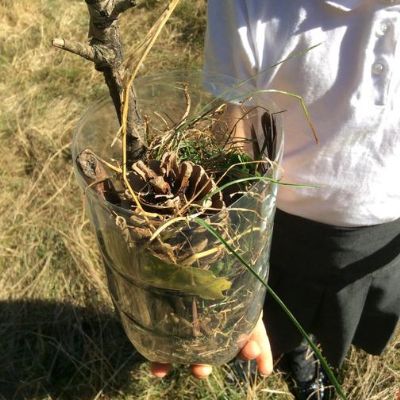
725378485c36489592d2146beb0055c61x1
-
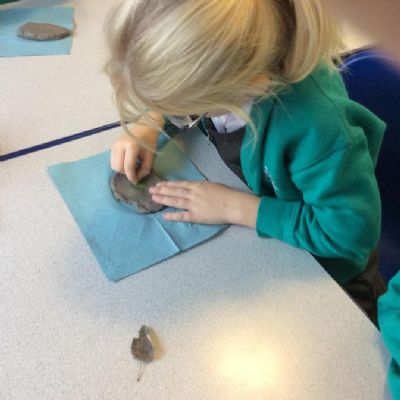
038930460e5b4bbe834db7e92b17f4c11x1
-
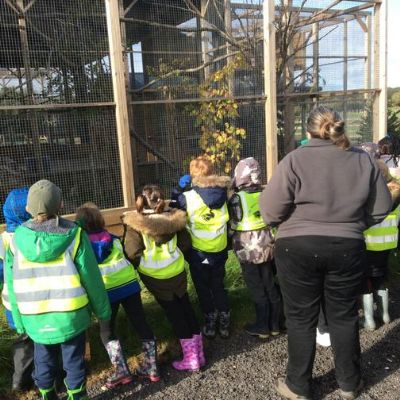
5713c3e7d67a4a729d81970e8101bcef1x1
-
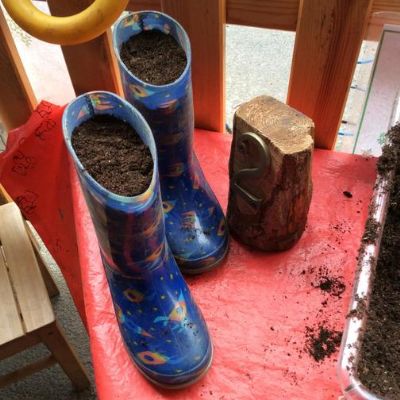
896bb2da5554450bb77c776407bfcae81x1
-
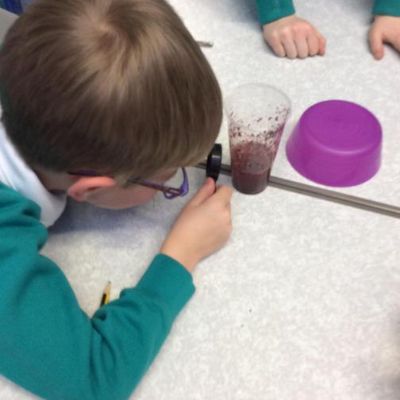
9ebe1c6a33494e84a9bae74f7de8ca001x1
-
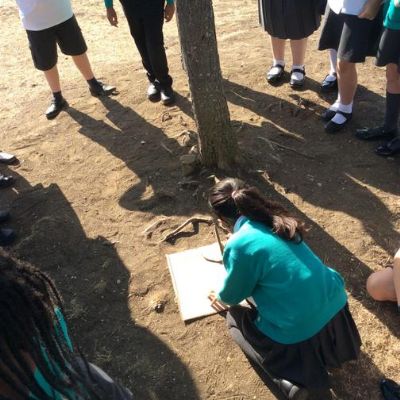
9e141f0224c9452ab6756236dc11e3a71x1
-
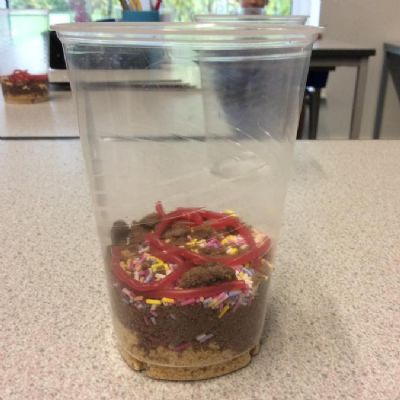
5fc51333e0e74788ae792bf7121785ff1x1
-
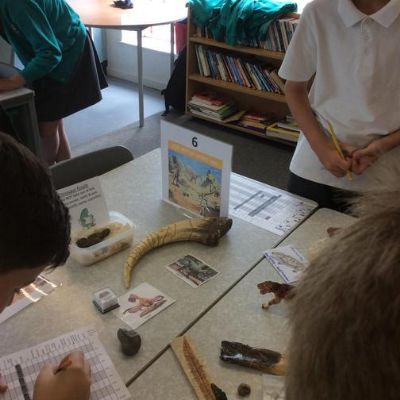
4e23b28b45b34d9db1588ef8c51f7fa41x1
-
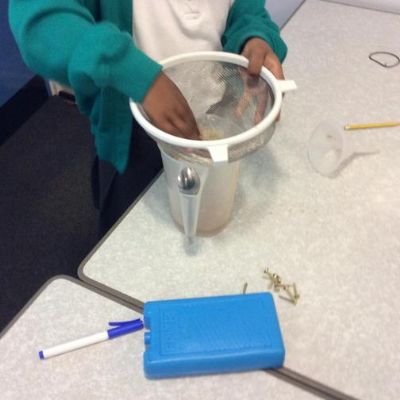
1ac3050346134425bf9ae3d93185476a1x1
-
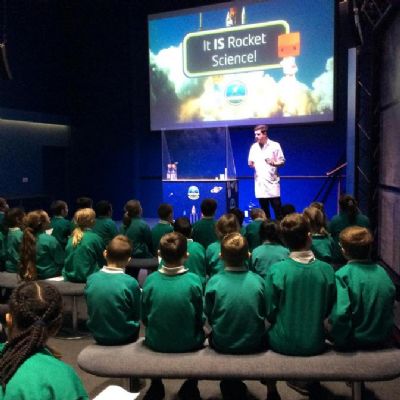
abe9e7205bd64e068f2e5e7db0d3feb81x1
-
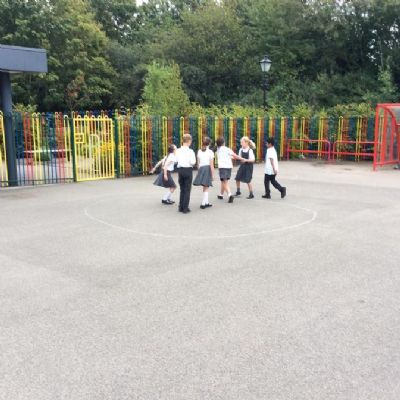
cf9c0096e6854509a207407b5ac99b531x1
-
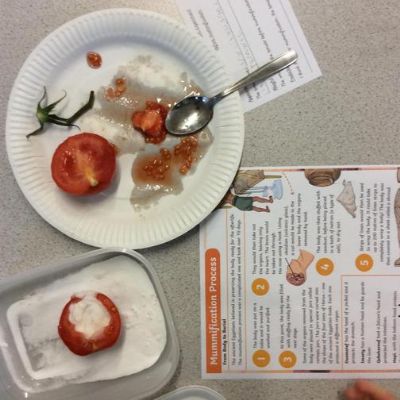
f71fadd6a76e4590a4c2841e178521fa1x1
Photo Gallery
Useful Websites
-
BBC Bitesize KS1
Support website for KS1 topics. Games and quizzes to reinforce learning.
-
BBC Bitesize KS2
Support website for KS2 topics. Games and quizzes to reinforce learning.
-
Space
These websites come recommended by the DFE and cover all aspects of space.
-
Wow Science
A site that highlights the best science resources, games, videos and activities on the web
-
Brains On!
Award winning podcast for kids
-
Let's go live with Maddie and Greg
Discover the world of science with tv presenters Maddie Moate and Greg Foot.
-
Cosmic Shambles
Science-based shows with Prof Brian Cox, Robert Ince and guests
-
Royal Institution
A series of films with ideas for fun, easy and cheap science experiments at home

